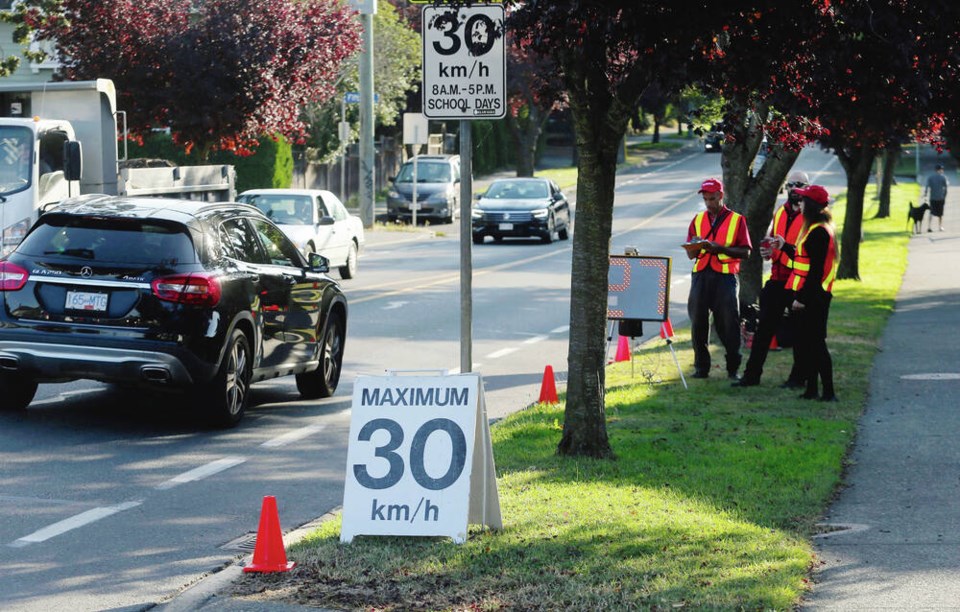It was my first fatal crash scene. A Toyota Celica heading east on Fairfield Road had drifted sideways over the boulevard near Moss Street. The passenger door had slammed into a tree, bending the car into a near perfect horseshoe.
Calls lit up the switchboard as the sound of the crash must have been horrendous. When I arrived, the driver’s head was flopped out of his open window, resting against the door post. His eyes were wide open, staring up to the sky.
There wasn’t any blood or gore, really, but his limbs were splayed into disturbing unnatural contortions. The seatbelt dangled, unused, near his misshapen shoulder. He was around 18 or 19.
Even as a rookie, with only 18 months’ service, I knew the coroner’s attendance would simply be a formality.
Despite the noise and the carnage which just occurred, what struck me immediately was the silence. It was early in the morning with no traffic on the road — but this silence was different, a pall I can’t really describe.
I was to feel that same silence again and again, unfortunately, during the 18 years I was on active patrol for VicPD.
Neighbours soon emerged to see what had happened. Witnesses told me that there were two cars involved. They heard them racing.
A few minutes later the second driver returned to the scene. He was in shock himself.
I don’t know why he left or came back but as the cliche goes: He was “well known to the police”.
That victim driver had just flown past him, he said. He refused to admit that he had been racing or done anything wrong. But there was no evidence to refute his version of the crash.
The witnesses had only heard the roar of engines, the long screech of tires and horrible crunch of bending metal. It was 4:30 a.m., so no one had actually seen anything. But he knew what he had done.
There was nothing to do but measure, document and clean up the scene.
Notifying the next of kin for a fatality or serious injury is one of the worst parts of police work. A knock at your door at 5:30 a.m. or 6 a.m. never brings good news. I’ve done about a dozen of these notifications in my career.
I’d say in 10 of these 12 instances, the people knew as soon as they opened the door or saw the patrol car pull up that it was very bad news.
Reaction ranges from uncontrolled hysteria to matter-of-factness. In this case I recall there being sadness, but not surprise. Whatever the reaction, it’s a lousy thing to have to do. Some cops don’t mind it. I hated it.
In my 18 years on the street, I did two stints on motorcycle traffic enforcement, and later, when promoted to management, I headed the traffic division for a few years.
You think you have seen and heard every traffic scenario there is to be told. But with hours upon hours spent pulling people over, going to crashes and then testifying in traffic and criminal court, there’s always one more story, one more myth to bust, one more bad habit to confront and break.
I retired as the deputy police chief from VicPD in 2013. I learned in my career that the No. 1 community concern was traffic safety. Always. Full stop.
As a senior officer listening at community sessions about break and enters, disturbances, homeless persons, or the mentally ill, there wasn’t one meeting where someone failed to talk about a traffic problem in their neighbourhood.
Street racers, loud motorcycles, oblivious pedestrians and cyclists, bad young drivers, bad old drivers – essentially everyone else whom they met on the road.
I often reminded the meeting-goers that when we set up an enforcement blitz, the people who would be caught doing all the bad things they just complained about are usually people from their neighbourhood.
Most people are good drivers and they take their responsibilities behind the wheel seriously.
But unfortunately, there’s a cohort of people who have either forgotten, or perhaps never learned, about some of the most fundamental rules of the road.
We see it every day. Now that I can reflect on those moments I realize that traffic safety in our society is something that needs to be continually discussed and prioritized.
The capital region is growing fast. Along with that comes some real concerns about traffic problems and road behaviour.
I hope to lend my voice to both the serious – and maybe sometimes not-so-serious – issues of road safety.
But wherever the conversation goes, we just need to end those post-crash scene silences.



